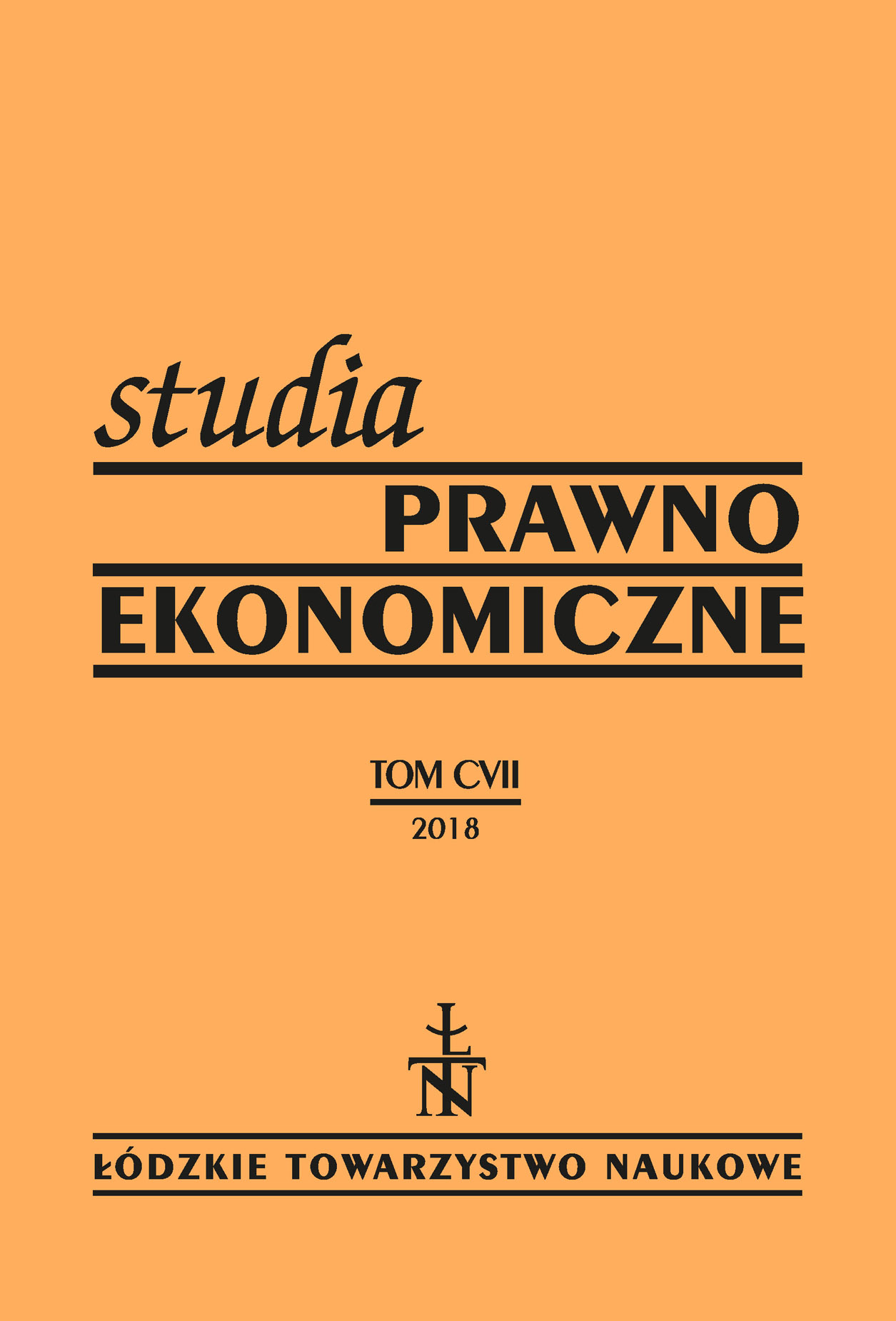Principles of Tax Restrictions and Warranties of Tax Rights on the Example of Selected Judgments of Administrative Courts
DOI:
https://doi.org/10.26485/SPE/2018/107/8Keywords:
taxes; tax procedure; tax ordinance; tax rulesAbstract
This paper presents the issue of guaranteeing the rights of taxpayers based on tax rules. The objective of the research is to analyze the situation of taxpayers in terms of their use of the rights guaranteed by the procedural rules of tax law. The analysis was made based on the content of selected judgments of administrative courts. The general principles of conduct are the backbone of the whole system, making it easier to understand the meaning of the other specific solutions. In cases of legal uncertainty, conflict of laws or interpretative ambiguity, they indicate the direction of the interpretation of the law. This direction is a translation of legal doubts in a manner consistent with a general principle, which is most strongly associated with a given norm. All exceptions to a general principle must be interpreted strictly or even narrowly. According to the case law of the administrative courts, the procedural guarantees of the taxpayer, which are institutions that provide real action in the life of every citizen, are directly related to procedural law, whose norms permit the realization of material and legal norms. According to the courts controlling the legality of decisions made by the tax authorities, the real and perceived civic rights of the citizen, including the right to a fair and open hearing, are derived from procedural safeguards, their scope, quality and quantity. At the same time, the provisions on tax treatment can be interpreted more flexibly than substantive law, on condition that it does not thereby undermine their guarantee function regarding the legal status of the taxpayer. In the design of general principles, particularly in inquiries under an inquisitorial model, noticeable is the accentuation of the duties incumbent on the bodies conducting the proceedings and the assurances of the party’s rights in these proceedings. Illustratively, they are even referred to as a condensed form of procedural safeguards, and the procedural principle must have specific performance guarantees that determine its practical role in the process.



